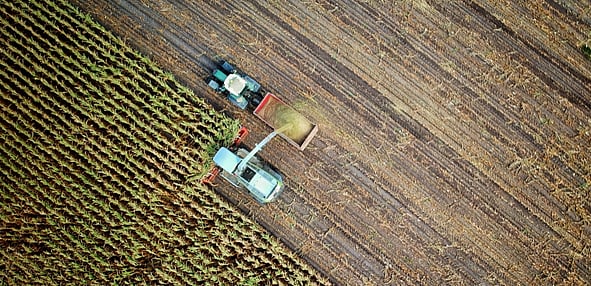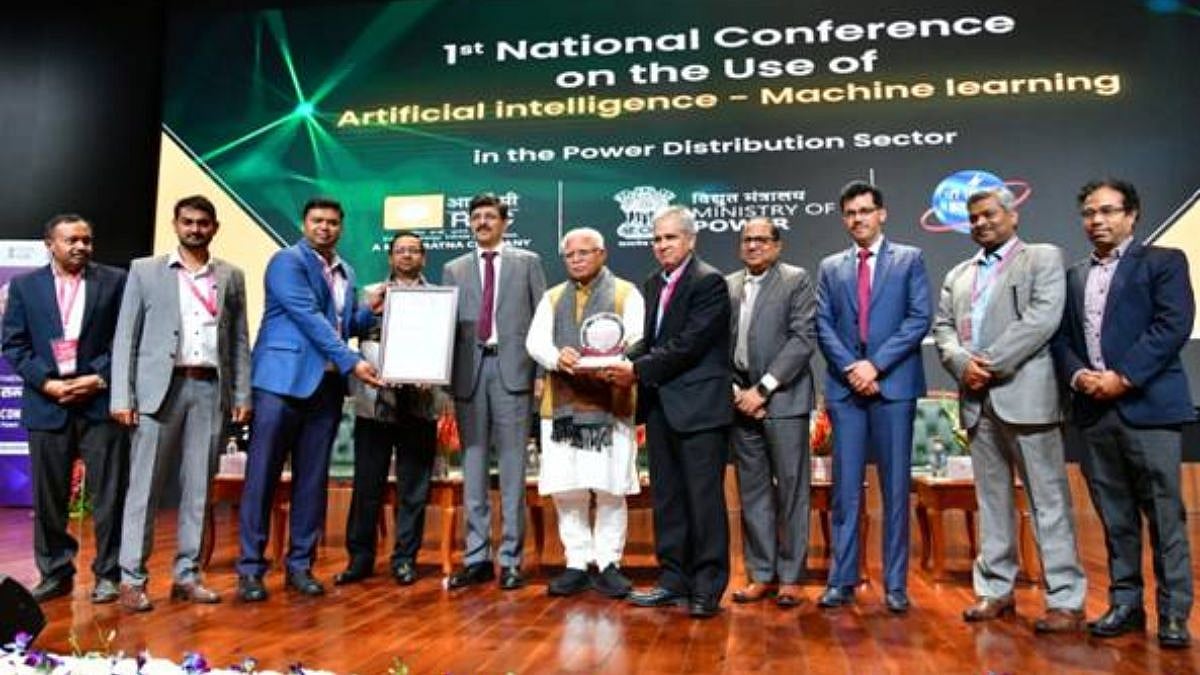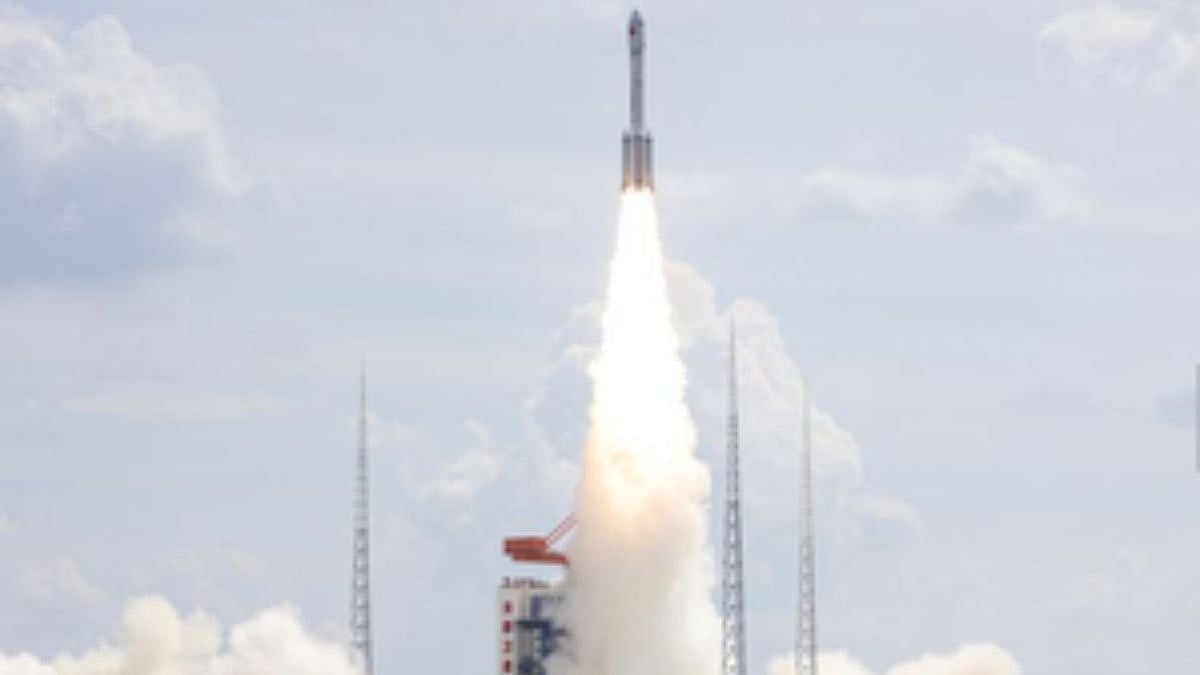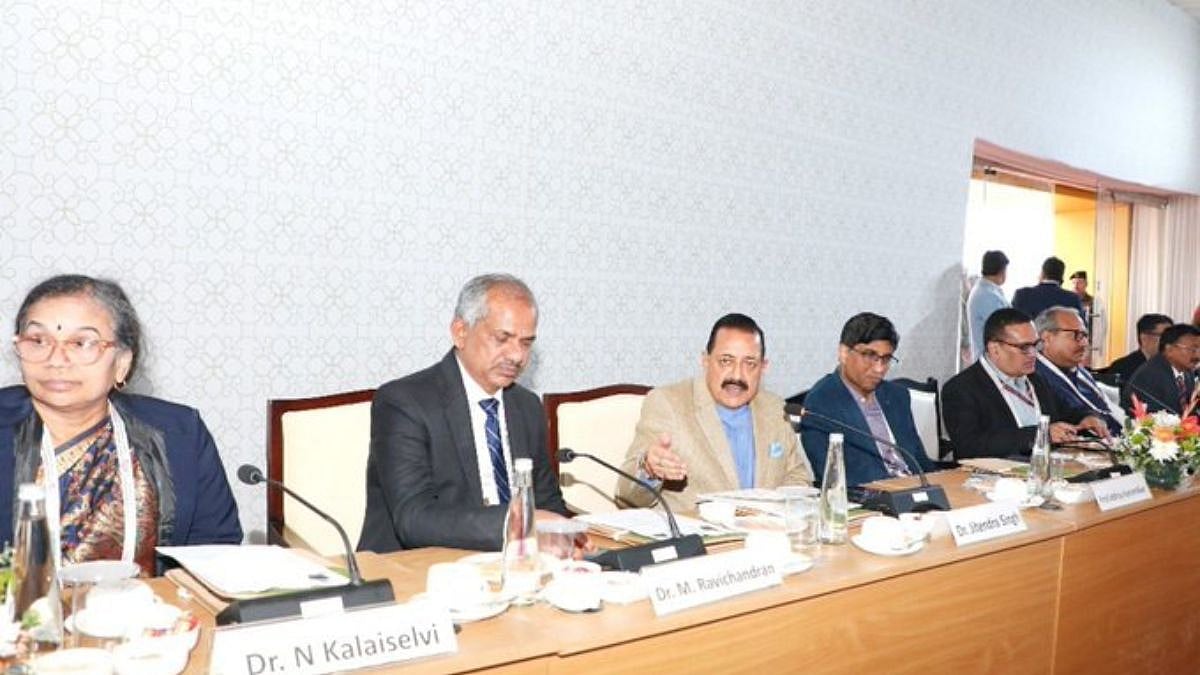· Private capital is interested in investing in technology to improve agricultural efficiency in India
· The Dubai Investment Fund (DIF) has formulated a phased strategic plan to invest in the Indian economy for 20 years, focusing on the development and implementation of innovative technologies.
Soil fertility and water supply in India are under considerable stress, requiring innovative solutions and improved technology. Statistics from India's Ministry of Agriculture show that less than half of India's farms generate positive economic returns, prompting the Indian government to focus on improving farm productivity and farmer income. Crop yields in India are also significantly lower than the regional average, with average rice yields in China twice as high as in India, indicating significant room for growth through improved practices.
As a result, private equity came into play-the Dubai Investment Fund (DIF), one of the largest independent global funds, developed a 20-year phased strategic plan for investing in India's agricultural sector, recognizing the challenges investors face in diversifying their portfolios in emerging markets. DIF's strategy was conceptualized by its own management and business improvement department and presented on May 25, 2022, and implementation began July 1. The plan calls for a 12% growth in India's food basket in terms of production, productivity and exports.
In our view, DIF's long-term strategy is based on the multiple studies and subsequent assumption by many corporate investors that emerging markets will provide some stability from inflationary pressures due to the role of food in the consumer price index and the continued improvement in global supply chains. Nevertheless, the fund stresses the importance of selectivity for investors to avoid excessive volatility. Rigorous sector valuation allows investors to leverage growth prospects to generate higher returns while reducing portfolio volatility. Therefore, we can assume that DIF will give preference to investments in carefully selected agricultural companies using innovative methods and technologies in Indian agriculture and food production. All stages of primary production are being considered, although the trending areas for investment in the Indian agriculture sector are e-commerce in agriculture, integrated supply chain management and agricultural technology.
The fundamental problem is that most Indian farmers are still engaged in small-scale enterprises with marginal profitability. For these businesses, investments in agricultural e-commerce expand purchasing choices while reducing costs; they also rid them of intermediaries by supporting direct purchases from customers, which reduces waste and keeps profits at the farm gate. Innovations in supply chain management also increase farm profitability by improving food handling and storage practices and improving relationships with outside customers.
Giving farmers access to agricultural technology is crucial as it will improve harvesting practices, provide reliable water and electricity supplies, provide state-of-the-art equipment and open up access to the latest seed and fertilizer technologies. Such improvements not only improve farmers' livelihoods by stopping the exodus of talent to other industries, but also allow farmers to invest in strategies that will further increase productivity. Thus, the role of DIF and other investments funds in the growth of the Indian agriculture cannot be overestimated.
However, as in the case of the other DIF's investments, that does not mean targeting any single country, asset class, industry or country grouping as an investment theme, but rather investing in those markets which offer the highest upside potential, less volatility and expected to be the largest contributors to aggregate returns over the next five to 10 years.
We can also assume, that as a rational economic player, DIF acts on the thoroughly calculated assumption that emerging market equities offer a compelling risk-return scenario as the development of these markets continues to meet widespread global investor demand. One of the factors driving the overall emerging markets asset class over the last several years has been robust global growth, with an increase in the global middle class and a growing number of consumers. This growth has created a large addressable market for these regions' economies. Rising standards of living are another key factor that has benefited emerging market equities.
Giving farmers access to agricultural technology will improve harvest methods, provide a reliable water and electricity supply, provide state-of-the-art equipment, and open access to the latest seed and fertilizer technologies. Such improvements will not only improve farmers' livelihoods by stopping the drain of talent to other industries, but will also allow farmers to invest in strategies that will further increase productivity. Thus, the role of DIF and other investment funds in the growth of Indian agriculture cannot be overstated.
However, as with other DIF investments, this does not mean focusing on a single country, asset class, industry or group of countries as an investment theme, but rather investing in those markets that offer the greatest growth potential, less volatility and are expected to contribute the most to total returns over the next five to ten years.
The Dubai Investment Fund is not alone in its optimistic outlook for India: One of Canada's largest pension funds plans to invest a third of its money in emerging markets, citing India as an important investment destination. Similarly, venture capital firms are investing heavily in digitizing the buying patterns of Indian farmers. Emerging markets, especially India, offer significant investment opportunities after the economic downturn in major economies.









